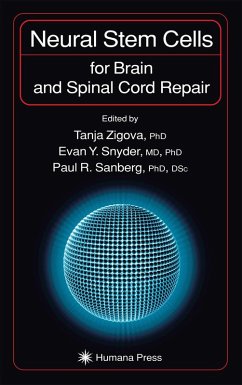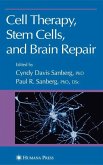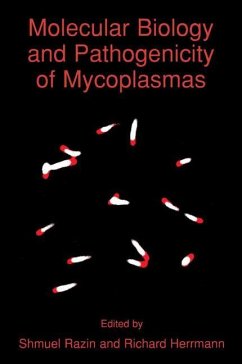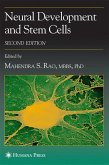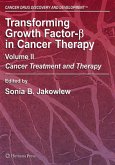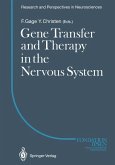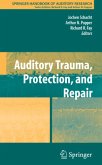Active neuroscientists survey NSCs as potential tools for central nervous system and spinal cord repair by explaining their clinically significant fundamental properties, manipulations, and potential therapeutic paradigms. Their discussion of the fundamental biology of NSCs illustrates the signaling pathways that regulate stem cell division and differentiation, and defines the methods of NSC expansion and propagation, neuromorphogenesis, the factors determining cell fate both in vitro and in situ, and the induction of self-reparative processes within the brain. They also present strategies that may lead to fruitful clinical applications in the near future. These range from the replacement of degenerated, dysfunctional, or maldeveloped cells to the provision of factors that may protect, correct, recruit, promote self-repair, or mediate the connectivity of host cells. Although neural stem cells (NSCs) have been successfully used in animal models of various neurodegenerative diseases and of brain and spinal cord injuries, their use in studies of nervous system dysfunction is still in its infancy. In Neural Stem Cells for Brain and Spinal Cord Repair, active neuroscientists survey NSCs as potential tools for central nervous system and spinal cord repair by explaining their clinically significant fundamental properties, manipulations, and potential therapeutic paradigms. Their discussion of the fundamental biology of NSCs illustrates the signaling pathways that regulate stem cell division and differentiation, and defines the methods of NSC expansion and propagation, neuromorphogenesis, the factors determining cell fate both in vitro and in situ, and the induction of self-reparative processes within the brain. They also present strategies that may lead to fruitful clinical applications in the near future. These range from the replacement of degenerated, dysfunctional, or maldeveloped cells to the provision of factors (either produced intrinsically by the cells or induced to do so following genetic engineering) that may protect, correct, recruit, promote self-repair, or mediate the connectivity of host cells.
Comprehensive and up-to-date, Neural Stem Cells for Brain and Spinal Cord Repair provides the first systematic overview of the biological properties and functional characteristics of NSCs, as well as outlining of several possible areas of medicine and therapy where these cells may soon prove extremely helpful.
Comprehensive and up-to-date, Neural Stem Cells for Brain and Spinal Cord Repair provides the first systematic overview of the biological properties and functional characteristics of NSCs, as well as outlining of several possible areas of medicine and therapy where these cells may soon prove extremely helpful.
"The purpose is to address research protocols and possible future applications of neural stem cells in clinical practice. The author has met the objectives. . .Starting from the basic aspects of cell culturing, this book emphasizes the different available research protocols that are currently being used for possible management of neurological degenerative diseases. In addition, molecular mechanisms of interaction are always explained whenever necessary. This book is a perfect purchase for neurologists and neuroscientists. Neurosurgeons with a basic science interest would also find this a useful acquisition."-Doody's Health Sciences Book Review Journal

